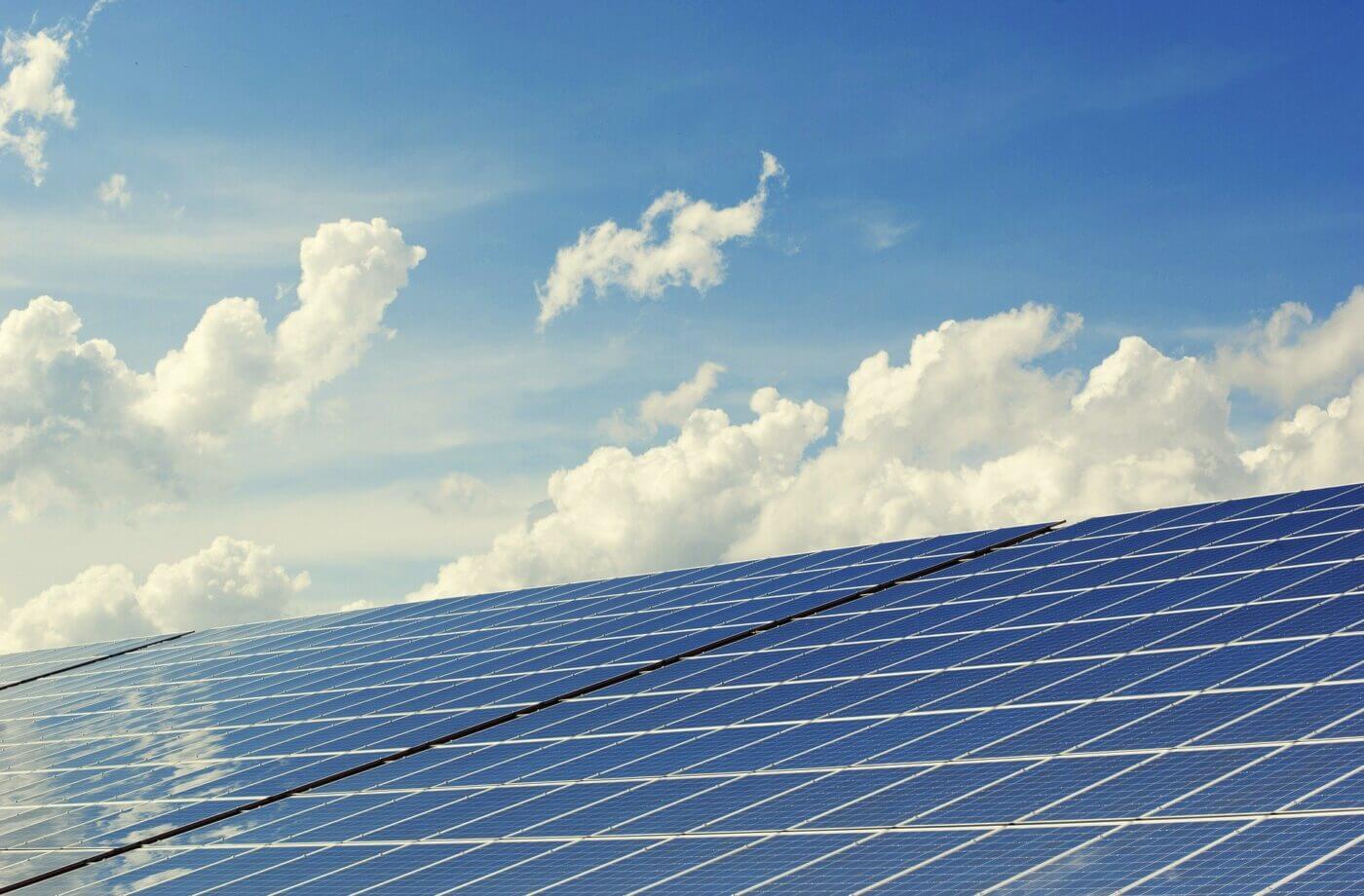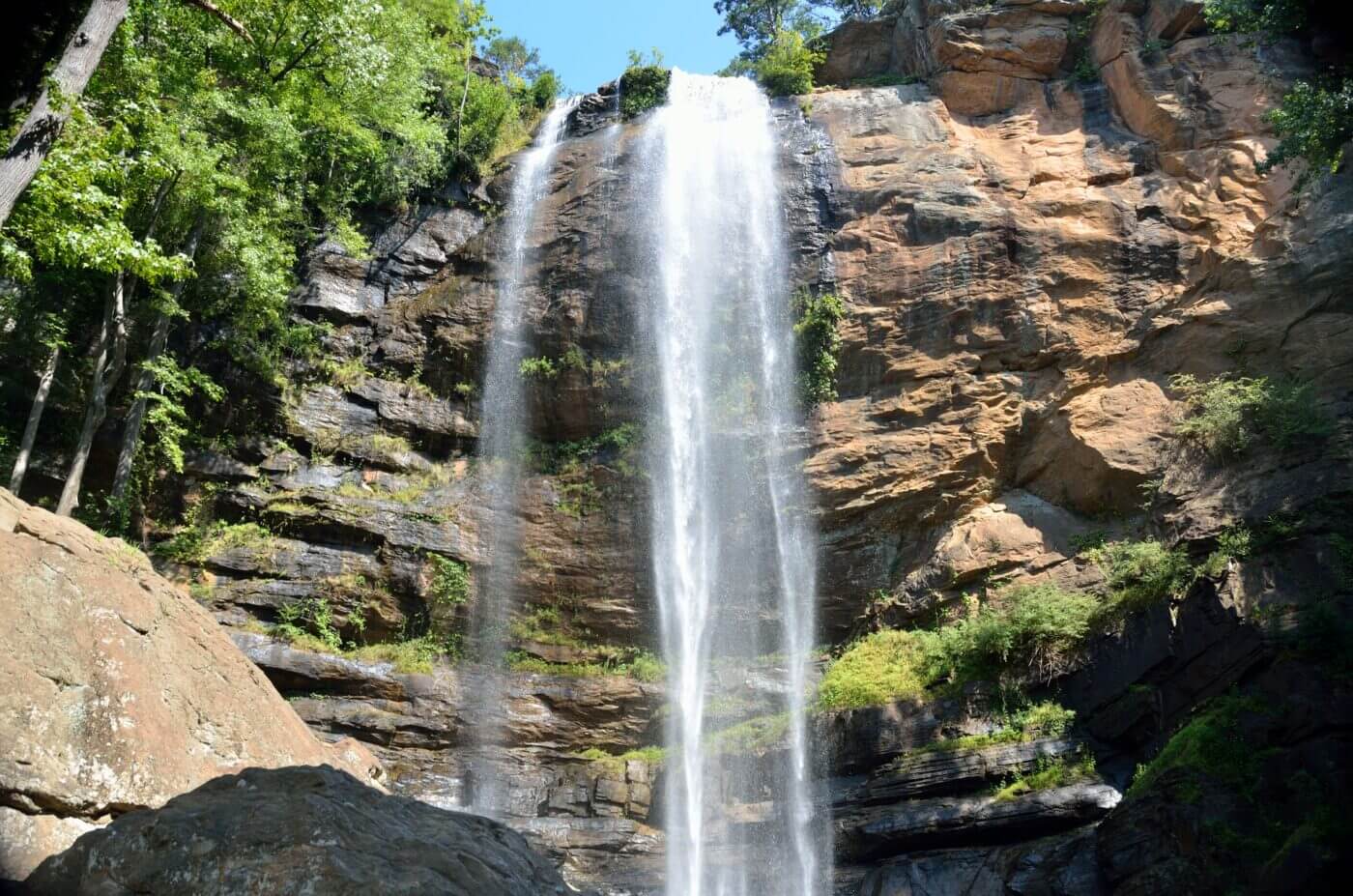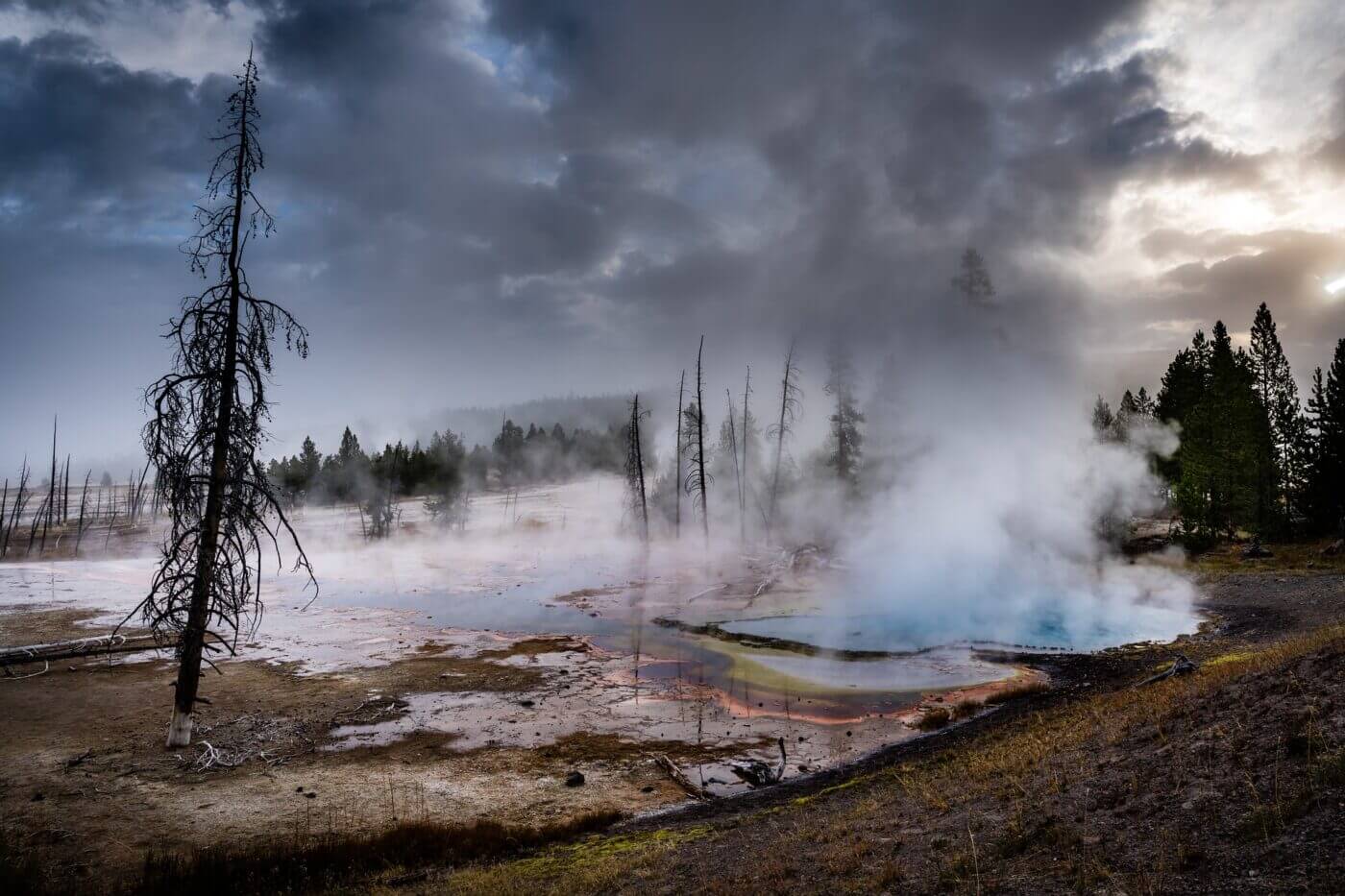Are You Prepared for a Power Grid Failure?
February 24th, 2021
4 minute read
If you’ve ever had to live through an extended power outage, then you know the inconveniences of not having electricity. If the circumstances were much worse, can you survive a power grid failure?
The potential of a power grid failure isn’t reserved for the plot of a science fiction movie. The U.S. military and various third party think tanks have gamed out numerous scenarios in which wide spread power loss for weeks or months could happen.
Could you survive?
If you’ve ever sat in the dark when the local power grid had a hiccup, you’ve probably at least considered the idea of renewable energy sources for electricity production.
Whether you’re looking for a backup system for your current on-grid electricity or want to go entirely off-grid, there are several types of systems you can look at, and each have their own pros and cons.
Solar Power
When most people think of renewable energy for their home, solar is often at the top of the list. It’s clean energy, it can power your entire home, and in some circumstances can even make you some extra cash if you are able to sell surplus electricity back to the company that supplies your local power grid.

Drawbacks, however, include the relatively high start-up cost. To get enough solar power to keep everything going can be a sizeable chunk up front — even if it’s super cheap after that.
If you live in an area that is cloudy most of the time, like western Washington, you may find that you’re not getting as much bang for your buck.
For complete reliance on solar, you’ll need to learn how to be very diligent at shutting off and even unplugging things you aren’t using, and understanding how much power each appliance or device uses. Even if your system is tied into the local electric company, a power grid failure means you will be on your own and will have to survive on what your system can produce.
Hydro Power
Water is a great source of power and can produce electricity 24/7, regardless of weather conditions. Some of the world’s largest electricity-producing power plants are hydroelectric. The same principles can be applied on a smaller scale.

Unfortunately, unless you have a solid source of water with some force and “fall,” this might not work for you on your property. A small creek or water-filled ditch, for instance, isn’t going to produce the amount of water you need for a power system. You need water with significant movement.
On the pro side, a good water system can be made with a lot less money than solar, depending on how much power you need and what your starting water situation is. A microhydro system can cost as little as $1,000 while providing 75 to 350 kWh per month.
Wind Turbine Power
Much has been made of wind power, and naturally many people look at it as a cheap, sustainable source of power.
In reality, it’s not actually feasible for every homestead, and the reason why can be found in the math. It turns out that wind power is a bit impractical for most homesteads.
That being said, there are some situations in which it could be a net positive, such as a backup or supplementary system. Before deciding to go all out on wind power, do some research on whether it’s a good idea for your location.
Geothermal Power
This means of alternative power is used specifically for heating, and while it’s not an alternative power system in the classic sense, it can be very advantageous if it frees up your solar or other system, taking a bit of the literal load off.

Geothermal power uses the earth to heat your home; pipes run a few feet underground and are filled with water or coolant. A geothermal heat pump is used to complete the loop and circulate the fluid; in the summer it cools, and in the winter it heats, because the temperature of the fluid is affected by the earth itself, which tends to be hotter than the ambient temp in wintertime and cooler in summer.
If you want to merge high-tech and low-tech, you can outfit your home with geothermic heated floors, and use the heating system pipes under your floors to get a cozier, warmer home.
Of course, if home heating is your primary concern, make sure you read my article “The Best Survival Fuel”.
Biodiesel
The concept of biodiesel is not a new one; it uses a catalyst to break down plant oils and fats, which then act like regular petroleum diesel.
It’s recently picked up more steam — excuse the pun — and more folks are trying it out. The obvious cons include needing special equipment and a conversion system for any current diesel generators or engines you might have.
Wrapping It All Up
Deciding on an alternative source of power doesn’t have to be a huge, expensive undertaking, at least at first.
Doing the research first to see what electricity production is actually feasible for your home, property, and budget will save money, time, and aggravation in the end.
Don’t feel pressured to get it all done immediately. Buy pieces at a time, and start small. You can always add on or upgrade later as funds or time improves. Any progress you make toward energy independence, however small, is still progress toward surviving a complete power grid failure.
Join the Discussion
Continue Reading
Did you enjoy this article?

 66
66





